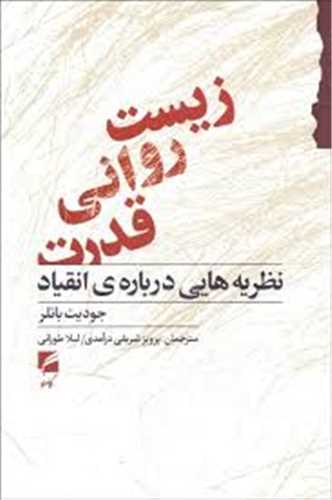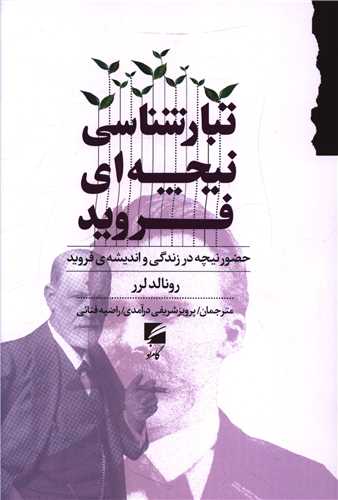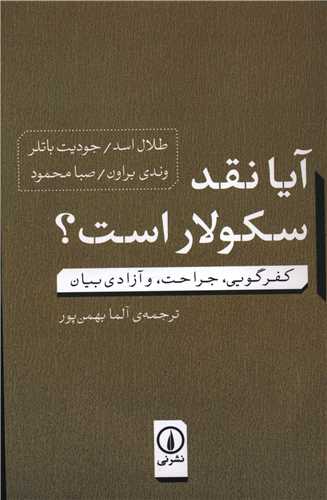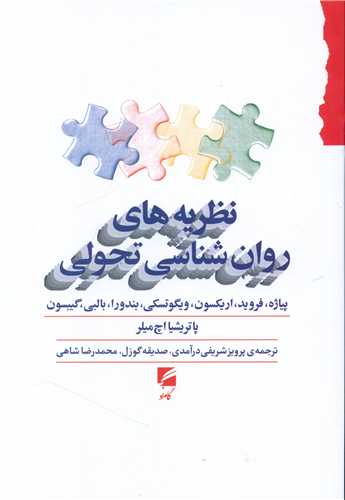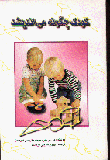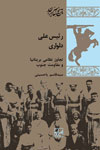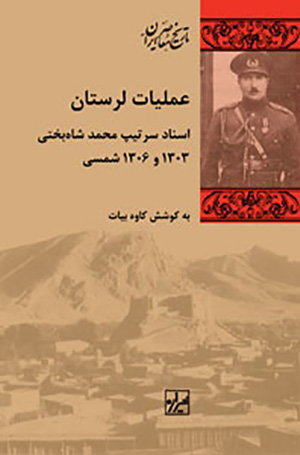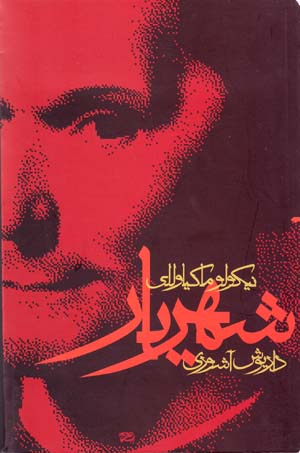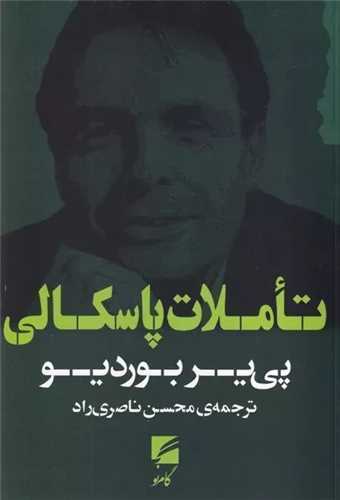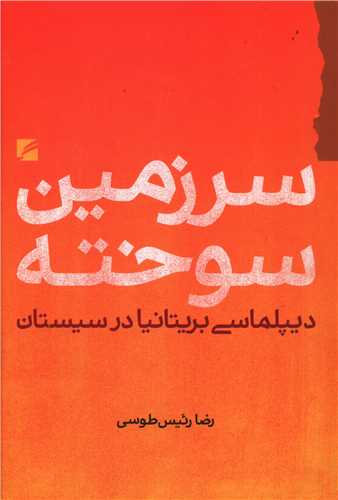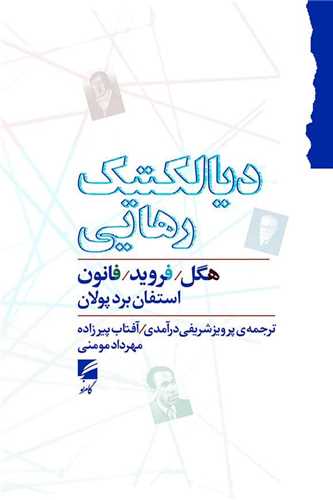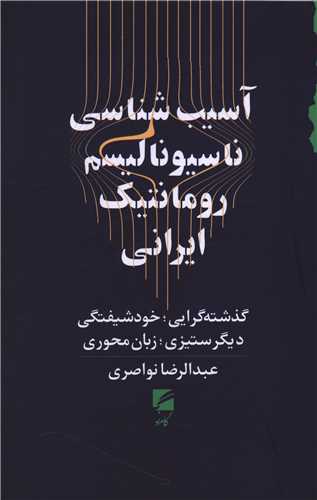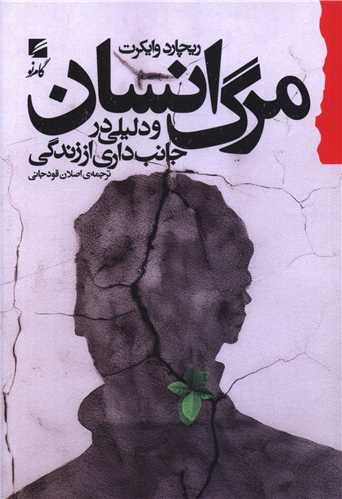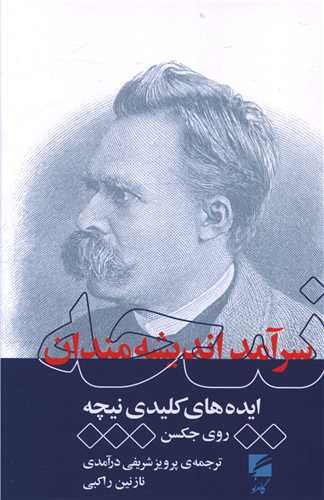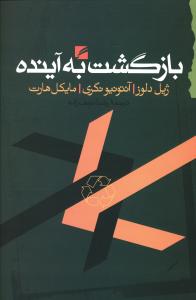Zīst-i Ravānī-yi Qudrat: Persian 1402
زیست روانی قدرت
20.20 $
Share
Wishlist
Original Title:
The Psychic Life of Power: Theories in Subjection
ISBN:
9786227450040
Translator:
Laylā Ṭurānī
,
Parviz Sharifi D
Publisher:
Gam-i Naw
Age Group:
Adult
Pages:
164
Weight:
180 g
Dimensions:
14 x 21 x 1.5 cm
Book Cover:
Paperback
As a form of power, subjection is paradoxical. To be dominated by a power external to oneself is a familiar and agonizing form power takes. To find, however, that what “one” is, one's very formation as a subject, is dependent upon that very power is quite another. If, following Foucault, we understand power as forming the subject as well, it provides the very condition of its existence and the trajectory of its desire. Power is not simply what we depend on for our existence but that which forms reflexivity as well. Drawing upon Hegel, Nietzsche, Freud, Foucault, and Althusser, this challenging and lucid work offers a theory of subject formation that illuminates as ambivalent the psychic effects of social power.
If we take Hegel and Nietzsche seriously, then the "inner life" of consciousness and, indeed, of conscience, not only is fabricated by power, but becomes one of the ways in which power is anchored in subjectivity. The author considers the way in which psychic life is generated by the social operation of power, and how that social operation of power is concealed and fortified by the psyche that it produces. Power is no longer understood to be "internalized" by an existing subject, but the subject is spawned as an ambivalent effect of power, one that is staged through the operation of conscience.
To claim that power fabricates the psyche is also to claim that there is a fictional and fabricated quality to the psyche. The figure of a psyche that "turns against itself" is crucial to this study, and offers an alternative to describing power as “internalized.” Although most readers of Foucault eschew psychoanalytic theory, and most thinkers of the psyche eschew Foucault, the author seeks to theorize this ambivalent relation between the social and the psychic as one of the most dynamic and difficult effects of power.
This work combines social theory, philosophy, and psychoanalysis in novel ways, offering a more sustained analysis of the theory of subject formation implicit in such other works of the author as Bodies That Matter: On the Discursive Limits of "Sex" and Gender Trouble: Feminism and the Subversion of Identity.
more
به عنوان شکلی از قدرت، انقیاد متناقض است. تحت سلطه قدرتی بیرونی از خود، شکلی آشنا و دردناک است که قدرت به خود می گیرد. با این حال، شکلگیری فرد بهعنوان یک سوژه، به همان قدرت وابسته است، این کاملا چیز دیگری است. اگر به پیروی از فوکو، قدرت را بهعنوان شکلدهنده سوژه نیز بدانیم، همان شرط وجود و مسیر میل آن را فراهم میکند. قدرت صرفا چیزی نیست که ما برای وجود خود به آن وابسته ایم، بلکه آن چیزی است که بازتاب را نیز شکل می دهد. این کتاب "زیست روانی قدرت" چالش برانگیز و شفاف با تکیه بر هگل، نیچه، فروید، فوکو و آلتوسر، نظریهای درباره شکلگیری سوژه ارائه میکند که تأثیرات روانی قدرت اجتماعی را به صورت دوسویه روشن میکند.
اگر هگل و نیچه را جدی بگیریم، «زندگی درونی» آگاهی و در واقع وجدان، نه تنها توسط قدرت ساخته میشود، بلکه به یکی از راههایی تبدیل میشود که در آن قدرت در ذهنیت لنگر می اندازد. نویسنده به شیوه ای که در آن زندگی روانی توسط عملکرد اجتماعی قدرت ایجاد می شود، و اینکه چگونه آن عملیات اجتماعی قدرت توسط روانی که تولید می کند، پنهان و تقویت می شود، می پردازد. قدرت دیگر به عنوان «درونی» توسط یک سوژه موجود درک نمی شود، اما سوژه به عنوان یک اثر دوسوگرایانه قدرت ایجاد می شود، اثری که از طریق عملکرد وجدان صحنه سازی می شود.
more

